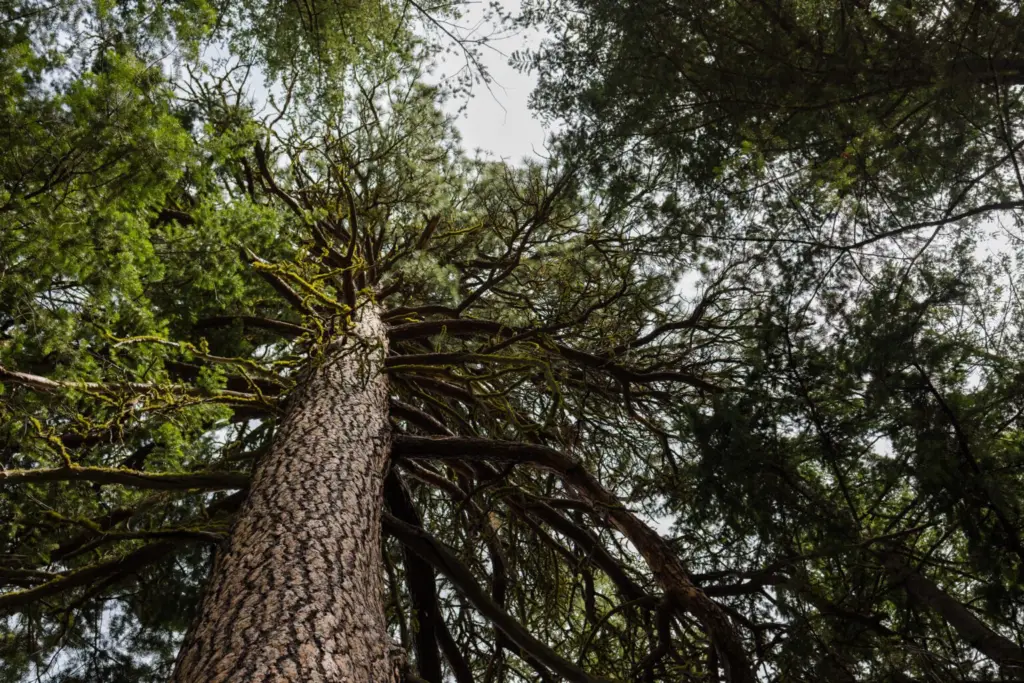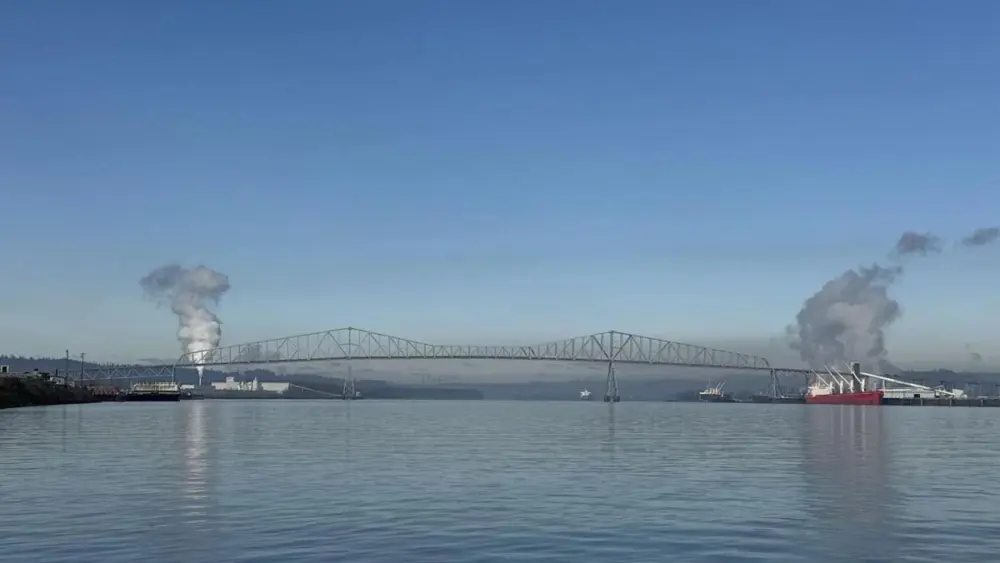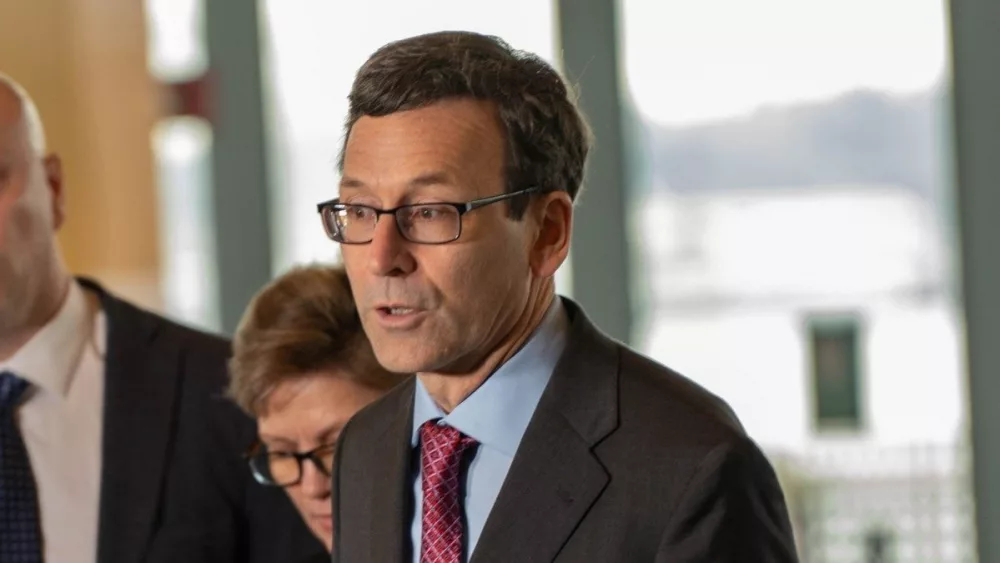WASHINGTON STATE – The state Forest Practices Board has narrowly approved a controversial water buffer rule that has drawn criticism from forestry and farming advocates, as well as local counties that say their economies will be negatively impacted.
In its 7-5 vote at its Wednesday meeting, the FPB approved the new buffer that expands riparian shade protections for perennial non-fish-bearing streams, a move forestry advocates have noted would remove 200,000 acres of private forestland from use without financial compensation.
“To say that we’re disappointed is probably an understatement,” Executive Director of Washington Farm Forestry Association Elaine Oneil said during the public comment period of the FPB’s meeting, following the buffer rule vote. “But I am perhaps not surprised. What the future brings is highly uncertain.”
The new buffer has been under consideration by FPB since 2019, when it accepted a recommendation by the Timber, Fish, and Wildlife Policy Committee regarding Type Np protections, which are regulations for non-perennial streams in the state; that is, streams that are often dry and not proven to contain fish.
Organizations such as the WFFA have long fought against further buffer restrictions on forestland, claiming it unnecessarily reduce timber harvests and undermines the vision of the Forests and Fish Act of 1999.
“Regulatory mitigations for small forest landowners have been non-existent for several years,” Ken Miller told FPB during public comment. Miller is an WFFA Board member and past president.
While critics claim the rule doesn’t follow actual science, proponents of the new buffer argued that it will ensure that water temperatures will remain consistently cool as they shift other streams, where warmer temperatures can be harmful to aquatic animals. Additionally, some FPB members noted that the rule adopted reduced the proposed buffer zone and could be changed depending on impacts.
FPB member Jim Peters during the vote that “I’m one to tell people that the process works. Sometimes it comes out in our favors and sometimes it doesn’t.”
Although it doesn’t directly impact farmers yet, Dillon Honcoop with Save Family Farming told The Center Square prior to Wednesday’s vote that his organization is opposing it nonetheless because of its implications for agricultural regulations.
By not allowing a change in temperature between streams, Honcoop said it makes it “much impossible for any sort of management of forest areas. It’s pretty hard to justify what they’re talking about doing based on that flimsy scientific argument. The farming community is speaking out because we know the precedent here is not a good one at all, and something we watch very closely. This should not be moving forward because we know we will be next. If this becomes the standard for rulemaking and for the alleged science used to justify these kinds of draconian rules and “regulatory” backstops with buffer proposals, then we know it’s going to be ugly.”
Local governments have also opposed the measure, with Pacific County Commissioners writing a strongly-worded Oct. 16 letter to FPB that they would lose almost 12% of all their harvestable timberland and lose $13 million in timber excise tax revenue.
“Following this action there will be the job loss,” the letter states. “Further effect will be the family farms that have made their timber inventory either a family business or part of a retirement plan. This is the perfect recipe for the evaporation of rural communities.”
“It is with fear of retribution that this letter is written in such a harsh manner,” the letter continues. “But we are at the point where our situation in these matters as a rural county cannot get much worse.”





